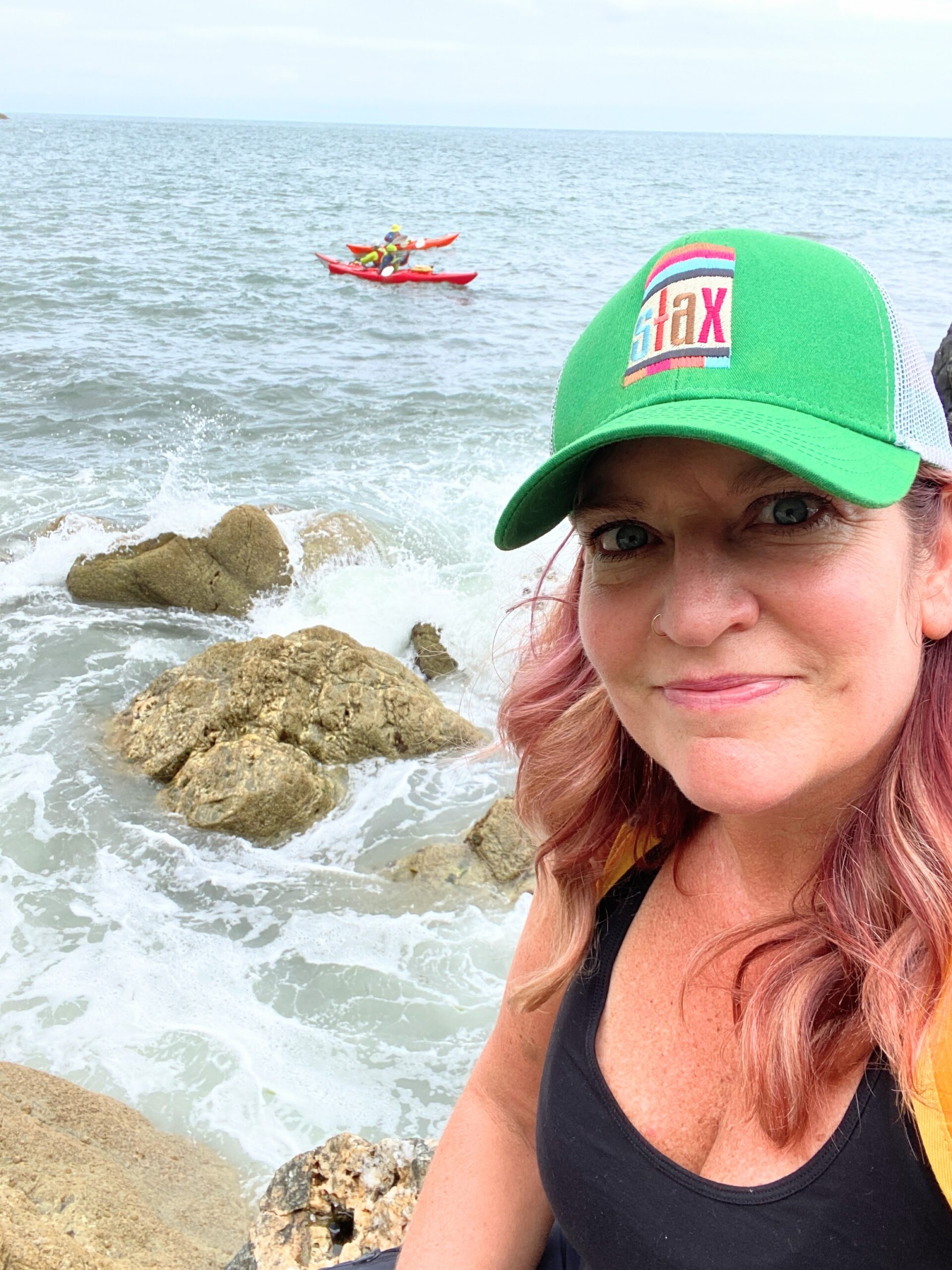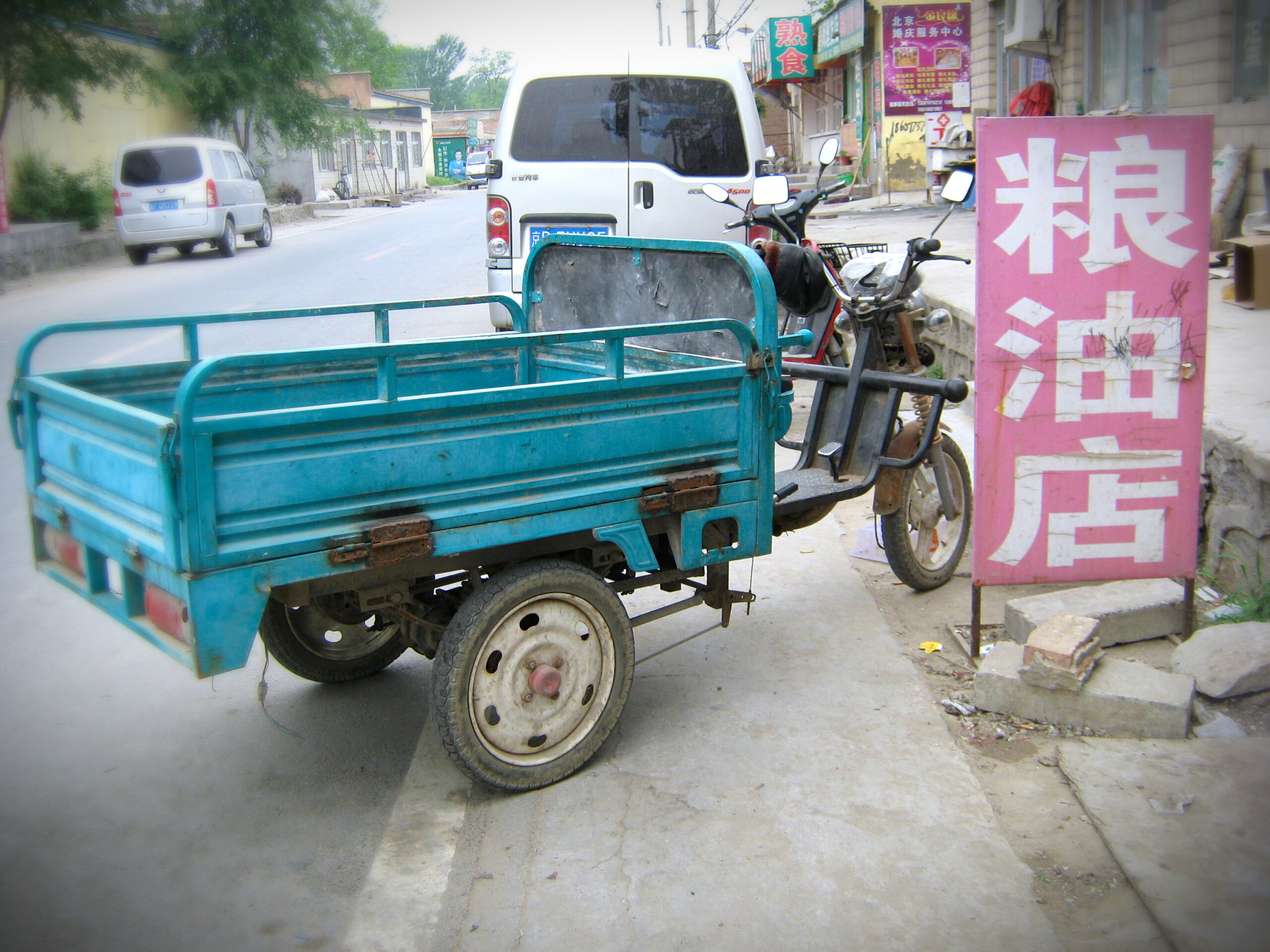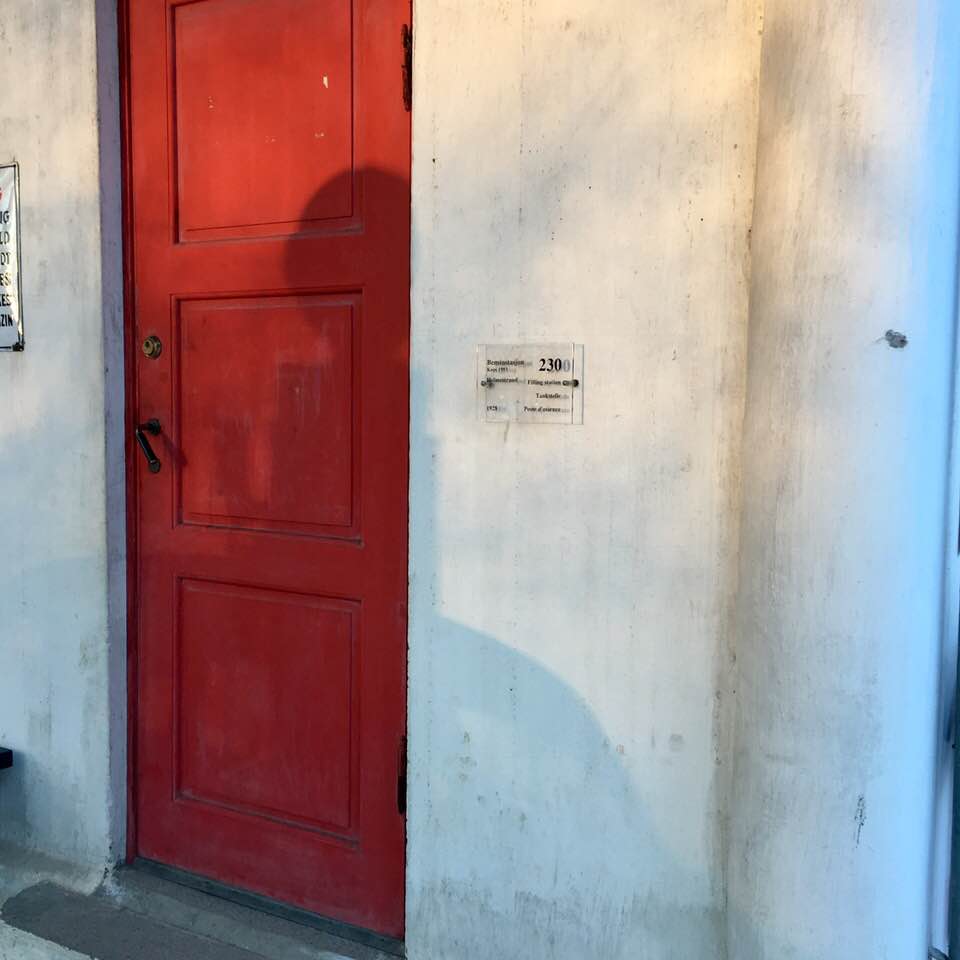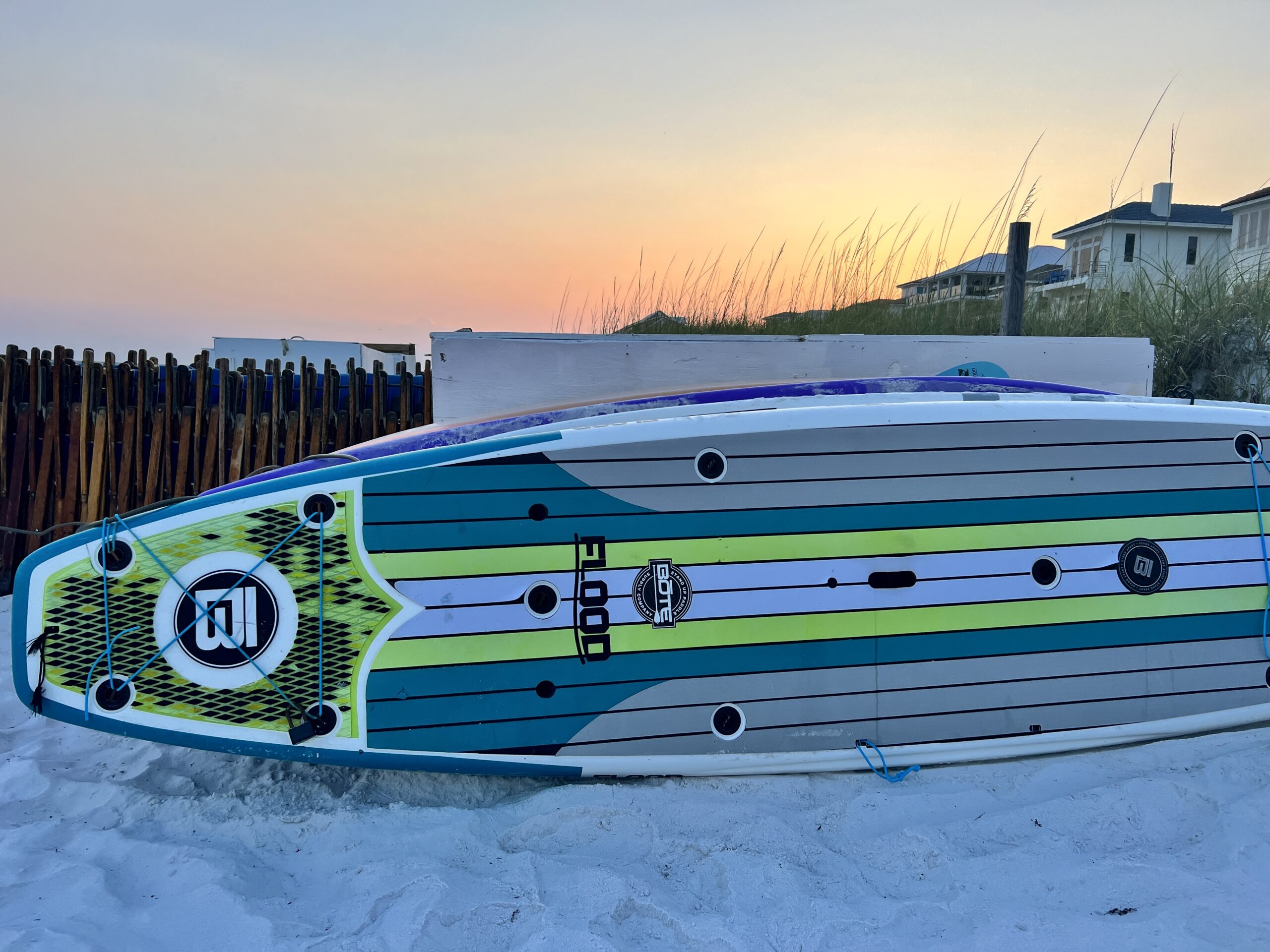
Common Travel Fears
*We asked you, our Journey Here Travel community, what your top travel fears were, and you answered!
Rarely will you meet an experienced traveler who claims they have never been afraid of something. Everyone has travel fears. Learning to understand where they come from and how to prepare goes a long way in getting past them.
That doesn’t mean you won’t experience trepidation, uncertainty or even fear.
We have learned from our travels that the more prepared we are and the more we know, the less travel fears rear their ugly head.
There will always be things that cause me to pause, to experience anxiety. But with each trip, it gets a little easier; it all gets a lot easier.
Here are the top travel fears submitted by our readers that cause some people to hesitate to travel alone or even with friends.

Hi friends!

We pantomimed quite successfully.

Communicating
The travel fear we get asked about the most is overcoming language barriers. Being afraid of being able to communicate with others is a huge fear for many. I’ve had situations arise where the language barrier was frustrating and times when it was downright critical. This might affect where you decide to travel to. You will be surprised how many people worldwide speak at least some English. You also have a great tool right in your pocket: your phone.
In 2019 I went on a group trip to China, and being with a tour group took the stress of communicating out of the equation because our tour guides spoke English. However, I also wanted to venture out into the cities, and I did, with the help of Google Translate. Google Translate is one of the best tools I can recommend, and it’s a free app. Here are some of the things you can do with it:
- You can save common phrases in a phrasebook for easy access. I use this to practice words or phrases.
- You can download an entire language so that you still have access to translation when you are offline.
- You can hold your camera over a menu, sign, form or whatever you are trying to read, take a picture, and it will translate the page for you.
- You can use the conversation feature to allow two people to converse in two languages. The app listens and translates the conversation for each of you.
Making a point to practice and learn a few common phrases before traveling is one of the best ways to feel comfortable. Hello, good morning, thank you, please, goodbye, and toilet are all good things to know.

Losing Your Phone
This was my biggest travel fear until my phone was stolen twice. Both times in the U.S., and both times out of my stupidity. Hot tip: If you are 45-plus at a club and some pretty young thing is dancing with you … he’s probably stealing your phone. We aren’t kidding when we say this site is built on our mistakes.
The best defense is a good offense. Keep your phone close, in a zipped pocket, especially on public transportation, in crowded areas, and in high tourist areas. Never put your phone in your back pocket. Avoid setting your phone on a table or bar when you are eating, where it can be easily swiped while you aren’t paying attention. When dining, don’t hang your purse on the back of your chair. Keep it in your lap, on a hook in front of you, or next to you. You can casually hook your foot through the strap for extra protection if it’s near your feet. The safest option is to wear a crossbody purse or bag and keep it on you.
If your phone is stolen, or you drop it in the ocean or leave it in a cab, do you know what to do? Make sure you have contact information and passwords stored somewhere besides your phone. I often travel with my laptop and can access my information that way. I also keep a copy of my passwords and travel documents on a flash drive that stays in my suitcase. In an emergency, I can ask my hotel to print things off my flash drive or find a business center nearby.
It’s a good idea if you are staying in a hotel to grab one of their business cards from the front desk and keep it with you just in case you get separated from your phone. At least you can find your way back to your accommodations, where your spare documents and backup technology are.
If you use a major U.S. carrier and are in the U.S., you can go to the closest store for help in replacing your phone. If you are overseas, your best bet is to pick up an inexpensive phone and one of their local SIM cards.
I carry a spare phone on my international trips. The last time I upgraded, I kept my old phone. It’s an unlocked iPhone, and all I have to do is pop in a local SIM card, and I’ll be up and running. All of my information is already stored on this phone. It seems extreme, but it gives me a lot of peace when I’m traveling solo.
Losing Your Passport
This is currently my biggest travel fear, mostly because I hate bureaucracy and paperwork! I travel with multiple copies of my passport: I print a copy that stays in my suitcase, I have a photo of it on my phone, I keep a copy on my flash drive in my suitcase, and there is a copy on my Google Drive. If you don’t use Google Drive, you can also use a program like Evernote. Regardless, if your passport gets stolen or lost while abroad, you must contact the U.S. Embassy. This is another great reason to register your trip with the State Department. Do not keep your passport on you when you are out sightseeing. You will greatly reduce your risk of having it stolen, falling out of your bag or getting water-soaked if it’s safely in your room. Tuck it away in your bag at your hotel or Airbnb, or even better, you can get one of these little personal safes to hold your passport and other valuables when you are out and about.
Losing Your ID
I follow the same protocol as I do with my passport: I keep copies in different places, including on my phone. I also travel with two actual driver’s licenses. When I got my Real ID, I just kept my old license. In most U.S. states, you are supposed to turn in your old license when you get a new one. I followed the protocol as though I had lost my license, which required a few more pieces of documentation.
This travel preparation checklist can help you decide where your own comfort zone is and what steps you want to take before you travel. Being prepared takes so much stress out of travel and can really calm those travel fears.
Paying for Things
Technology makes the money situation much easier, but there are some tips and tricks for avoiding common mistakes.
My first and biggest money mistake was on my first trip to Ireland. The retailer would ask: local currency or USD? And I would say “USD.” MISTAKE. You can pay up to 12 percent more than necessary. So always pay in the local currency.
When taking money out of the ATM do the same thing — use local conversion rates. Also make sure you are using a Debit card designed for international travel. I have both the Charles Schwab debit card and the Capital One 360 Debit card. Both cards have zero foreign transaction fees and zero conversion fees for converting to the local currency. Additionally, the Charles Schwab card will reimburse me for any fees charged by the ATM if it is out of net work.
I recommend getting a good travel credit card if you plan to travel more than once a year. I use both Chase Sapphire and Capital One Venture. There are lots of travel cards with different levels of benefits, but the main benefits I look for in a starter card are:
- Travel points — the number of points you get when you sign up and meet the minimum
- The number of points you earn on travel
- No foreign transaction fees
If you only travel occasionally, you might benefit more from a card with cash-back benefits. Regardless, make sure you have a current card with chip technology. Most First World countries have transitioned to tap pay in even remote locations, and I watched people struggle who didn’t have cards with current technology.
Where you are traveling to makes a big difference on whether you will need local currency. If you are traveling to a non-first-world country, it would be good to get some cash from your bank in the currency of the countries you are going to. Allow several weeks to get the cash you need; they don’t always have foreign currency on hand.
On many of my trips I have operated easily without cash, and in some countries, they prefer digital to cash. One tip that is universal: Never, ever exchange money in the airport. It is the worst conversion rate.
Staying Safe
For solo travelers, this is often the biggest travel fear. Whether you’re traveling alone or with a companion, staying safe is important. We have a whole section on safety. Follow the same safety precautions you would in any major city. If you are concerned about a specific country, you can read the State Department’s recommendations. That being said, even France has a second-level travel advisory. Leaving your home comes with potential risks. The best thing you can do if you are concerned about a country or an area in a country is to join some travel groups and ask people who have traveled there or live there to get a bead on the current pressing concerns. There are some countries where hiring a guide can be beneficial.
What I have learned in my brief amount of time traveling is that people are generally good. Please be sure to use precautions and be smart. I highly recommend reading our 16 tips for safe solo travel to learn some nuanced tips, but the top three would be:
Stay aware of your surroundings and your belongings.
Be cautious when drinking; when you’re not clear, it’s easier to be taken advantage of.
Explore during the day, and reserve nighttime for exploring areas close to your accommodations.
I still get the jitters before a new trip. I remind myself that I have good sense, I use my street smarts and I do everything I can do keep safe. I have to have some trust in the world and do my best to mitigate risks.
We know travel fears are real, and we are here to help you overcome them and take your next great adventure. Be sure to check out our solo travel and safety sections!



The views expressed on this website represent the opinions of the authors; we encourage you to form your own opinions and confirm any facts.
This post likely contains affiliate links. If you shop or make a reservation through these links, we may make a small commission (for which we are very grateful!) at no extra cost to you. Not all links are affiliates, and we only suggest products and places that we have experienced.
We are a participant in the Amazon Services LLC Associates Program, an affiliate advertising program designed to provide a means for us to earn advertising fees by linking to Amazon.com and affiliated websites.



